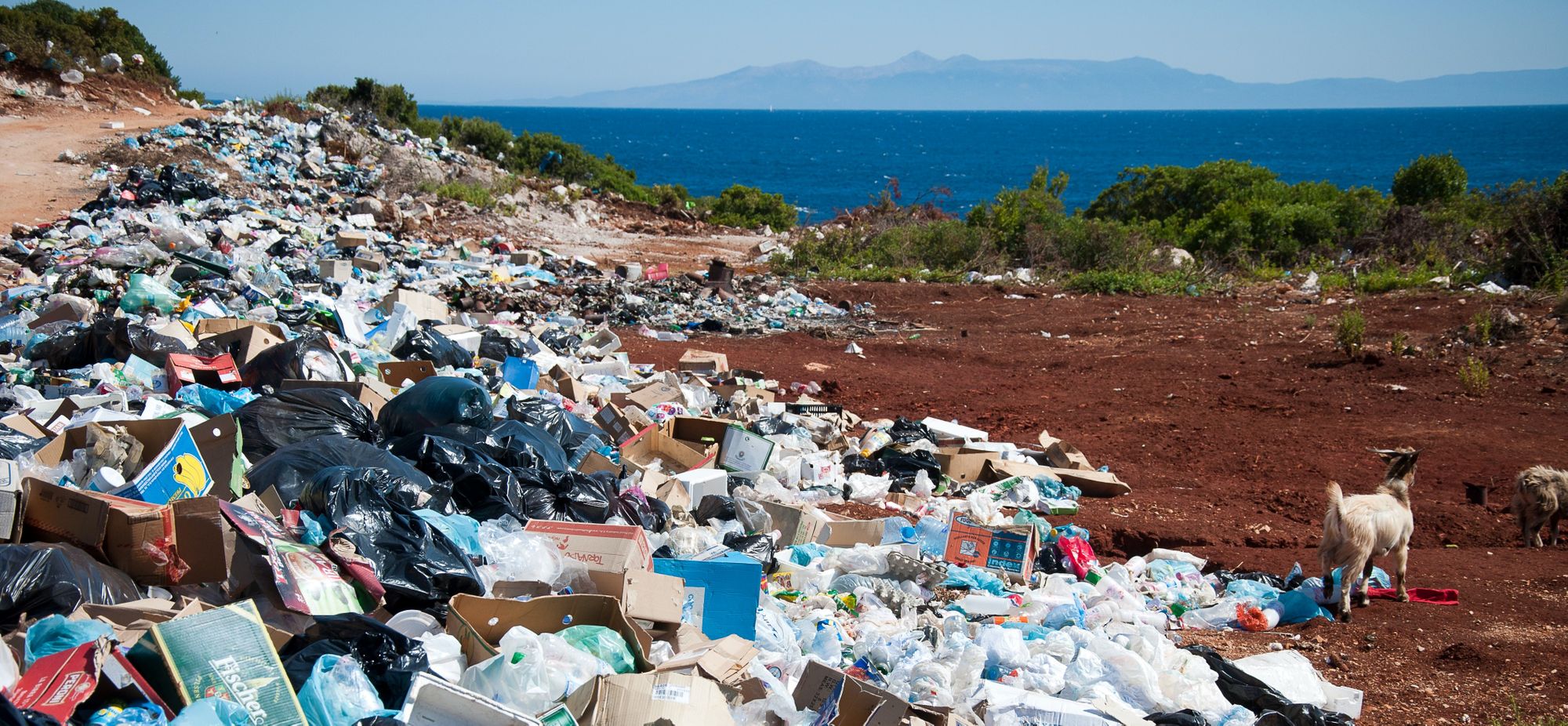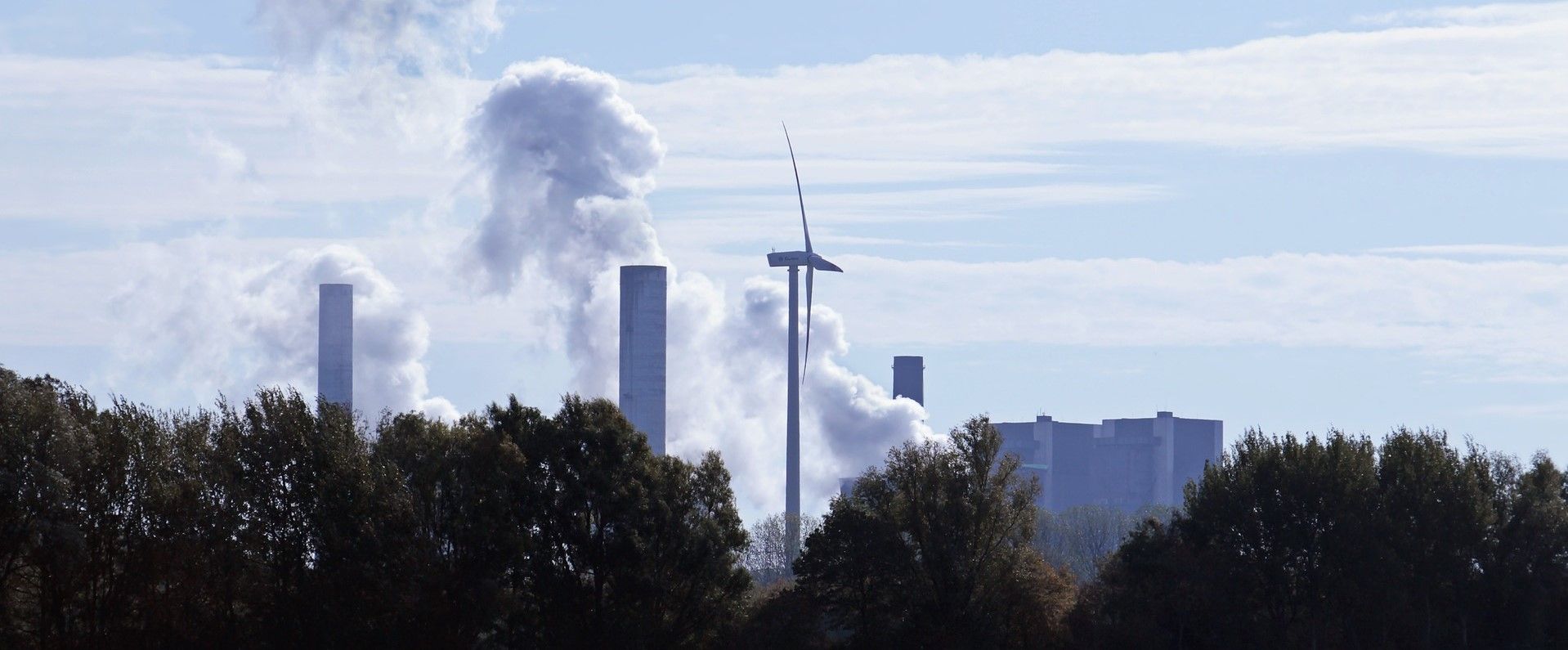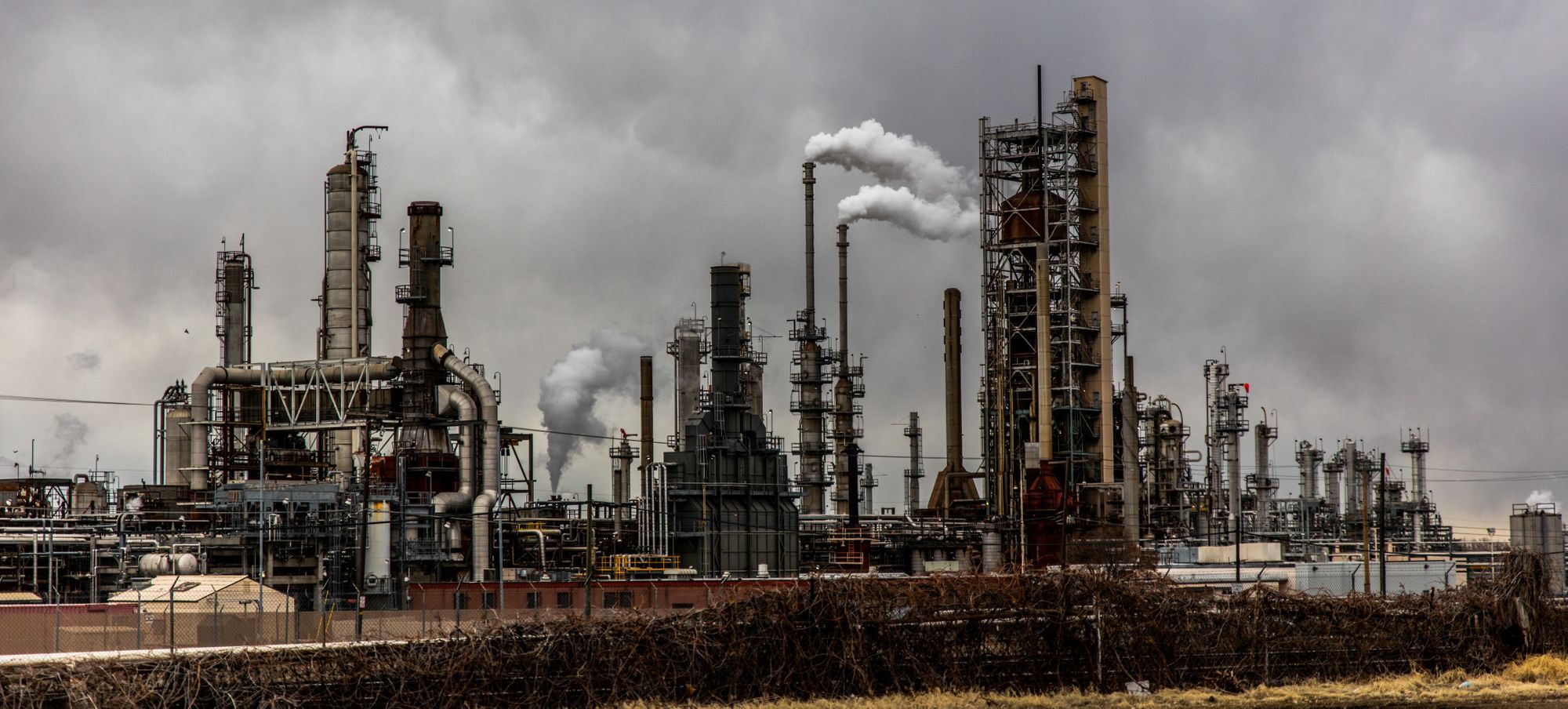What seems like several decades ago, before the coronavirus pandemic began, the headlines were full of bad news and bitterness. Mass shootings, impeachment, Brexit, Boeing crashes, and Notre Dame cathedral burning.
Ever-present among the bad news were stories about the damage being done by the chemical industry. Herbicide lawsuits, chemical spills, plant accidents and explosions, toxic baby powder, chemicals in drinking water, climate impact, and plastic pollution. The chemicals industry had a very bad name.

As part of what is now the ‘new normal’, the coronavirus pandemic may have actually improved the public’s perception of the chemical industry – at least for now.
Looking back to when the people began to realise how serious an issue COVID-19 was, people and governments turned to companies to help protect themselves, their citizens, and their loved ones.
As demand for disinfectants, surfactants for soap, swabs, and antibacterial wipes and sprays soared, the chemical industry reacted to keep the most vulnerable in society protected. Plastic face shields, masks, gloves, and gowns are also being supplied by the chemical industry.
The public also saw how big multinational chemical companies could react in a crisis, reading in their papers how INEOS built four new facilities (in Germany, Arkansas, Pennsylvania, and the UK) for the production of hand sanitiser in just 10 days, distributing the product free of charge to health authorities.
Many companies also ramped up production of ethanol and isopropyl alcohol (IPA) to ensure that these crucial raw materials for hand sanitiser were made available where needed. Dow, for example, also added hand sanitiser production to its list of top priorities, taking production to more than 200 metric tonnes, while also improving face shield design and donating 100,000 units to US hospitals.
Countless smaller chemical companies provided visors and respirator masks, often for free, while others rushed through production of 3D printed medical devices, such as ventilators, saving untold numbers of lives.

As Dean Curtis, President and CEO of ICIS, writes in his open letter to the chemical industry, “The industry has, and will, play a significant role in this crisis, its prevention and the recovery. ExxonMobil, Oleon, MOL, Shell, Cropenergies, Huntsman, LyondellBasell, BASF, Arkema, Perstorp, Indorama, PTT Global Chemical, SABIC, Unica, VCI and many others, have all responded in a huge global effort to support the fight against the virus.”
To find out more about how the chemical industry reacted to the coronavirus pandemic, read: Chemical Companies Boost Output for Coronavirus Essentials or Chemical Industry Struggles to Meet Hand Sanitiser Raw Material Demand
Today, far from criticising the use of polyethylene (PE) in food packaging, consumers are realising how effective it is at protecting food, while also seeing how practical polypropylene (PP) is for PPE.
In all major economies, chemical industry workers are now deemed part of the ‘essential critical infrastructure’. While in America, the Department of Homeland Security requested that the chemical industry held its ‘special responsibility to maintain your work schedule’.

Finally, it seems, the chemical industry is getting some of the recognition that it deserves.
While chemical production may be torn and battered, while chemical product demand is low, at least for now, the chemical industry has a better image.
In fact, perhaps the chemical industry doesn’t need PR companies or large advertising budgets to improve its image. It just needs the chance, every once in a while, to show how human it is.
Photo credit: ATDSPHOTO from Pixabay, S. Hermann & F. Richter from Pixabay, Antoine GIRET on Unsplash, & Patrick Hendry on Unsplash